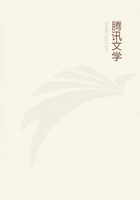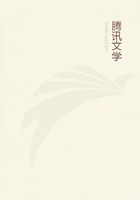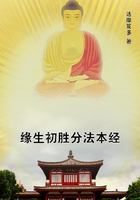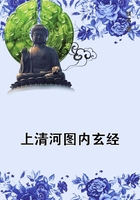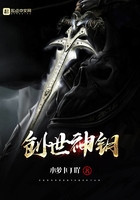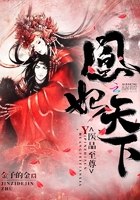THE INDIAN BIBLE.
As Grandfather was a great admirer of the apostle Eliot, he was glad to comply with the earnest request which Laurence had made at the close of the last chapter. So he proceeded to describe how good Mr. Eliot labored, while he was at work upon the Indian Bible.
My dear children, what a task would you think it, even with a long lifetime before you, were you bidden to copy every chapter, and verse, and word, in yonder family Bible! Would not this be a heavy toil? But if the task were, not to write off the English Bible, but to learn a language utterly unlike all other tongues, a language which hitherto had never been learned, except by the Indians themselves, from their mothers' lips,--a language never written, and the strange words of which seemed inexpressible by letters,--if the task were, first to learn this new variety of speech, and then to translate the Bible into it, and to do it so carefully that not one idea throughout the holy book should be changed,--what would induce you to undertake this toil? Yet this was what the apostle Eliot did.
It was a mighty work for a man, now growing old, to take upon himself.
And what earthly reward could he expect from it? None; no reward on earth. But he believed that the red men were the descendants of those lost tribes of Israel of whom history has been able to tell us nothing for thousands of years. He hoped that God had sent the English across the ocean, Gentiles as they were, to enlighten this benighted portion of his once chosen race. And when he should be summoned hence, he trusted to meet blessed spirits in another world, whose bliss would have been earned by his patient toil in translating the word of God. This hope and trust were far dearer to him than anything that earth could offer.
Sometimes, while thus at work, he was visited by learned men, who desired to know what literary undertaking Mr. Eliot had in hand. They, like himself, had been bred in the studious cloisters of a university, and were supposed to possess all the erudition which mankind has hoarded up from age to age. Greek and Latin were as familiar to them as the bab-ble of their childhood. Hebrew was like their mother tongue. They had grown gray in study; their eyes were bleared with poring over print and manuscript by the light of the midnight lamp.
And yet, how much had they left unlearned! Mr. Eliot would put into their hands some of the pages which he had been writing; and behold! the gray-headed men stammered over the long, strange words, like a little child in his first attempts to read. Then would the apostle call to him an Indian boy, one of his scholars, and show him the manuscript which had so puzzled the learned Englishmen.
"Read this, my child," would he say; "these are some brethren of mine, who would fain hear the sound of thy native tongue."Then would the Indian boy cast his eyes over the mysterious page, and read it so skilfully that it sounded like wild music. It seemed as if the forest leaves were singing in the ears of his auditors, and as the roar of distant streams were poured through the young Indian's voice.
Such were the sounds amid which the language of the red man had been formed; and they were still heard to echo in it.
The lesson being over, Mr. Eliot would give the Indian boy an apple or a cake, and bid him leap forth into the open air which his free nature loved. The Apostle was kind to children, and even shared in their sports sometimes. And when his visitors had bidden him farewell, the good man turned patiently to his toil again.
No other Englishman had ever understood the Indian character so well, nor possessed so great an influence over the New England tribes, as the apostle did. His advice and assistance must often have been valuable to his countrymen in their transactions with the Indians. Occasionally, perhaps, the governor and some of the councillors came to visit Mr.
Eliot. Perchance they were seeking some method to circumvent the forest people. They inquired, it may be, how they could obtain possession of such and such a tract of their rich land. Or they talked of making the Indians their servants; as if God had destined them for perpetual bondage to the more powerful white man.
Perhaps, too, some warlike captain, dressed in his buff coat, with a corselet beneath it, accompanied the governor and councillors. Laying his hand upon his sword hilt, he would declare that the only method of dealing with the red men was to meet them with the sword drawn and the musket presented.
But the apostle resisted both the craft of the politician and the fierceness of the warrior.

